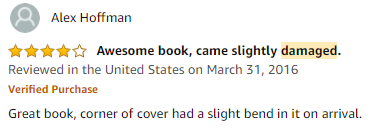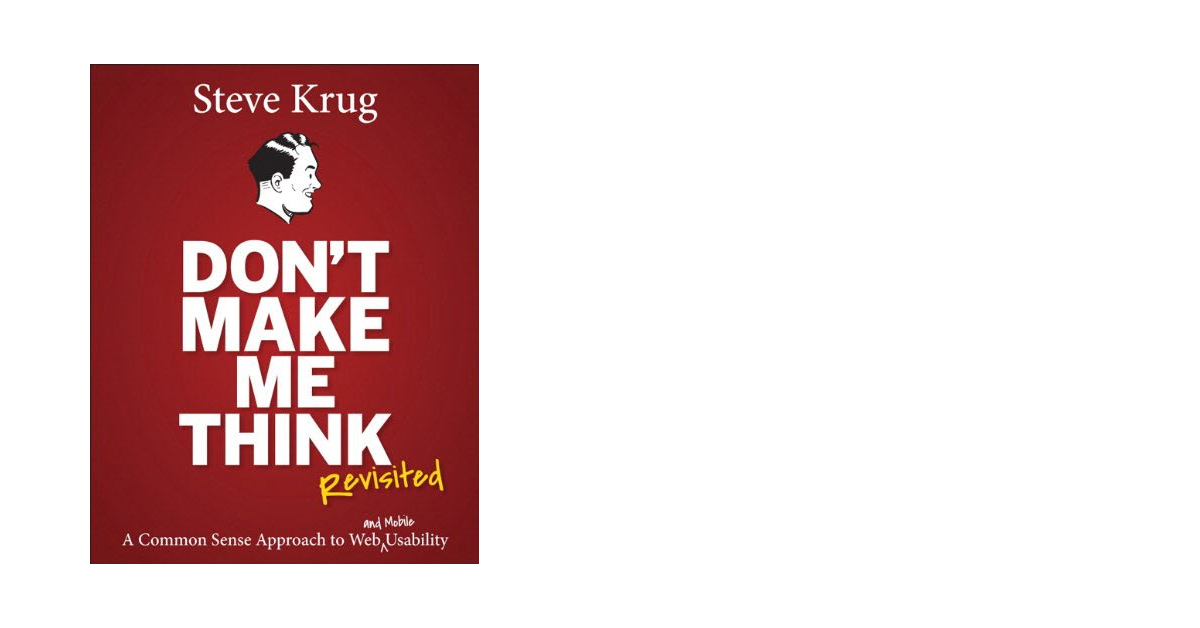I’ve always thought Amazon paid more attention to usability than almost any other web site.
Full disclosure: I bought some Amazon stock 20 years ago. (Lucky me.) I did it because I’d done an expert review of the Barnes & Noble site, and had the chance to show one of the Riggio brothers (the two founders and owners) in person why Amazon was going to eat their lunch. Nothing changed, so I bought some stock in Amazon.
There is one thing that Amazon does though, related to reviews, that makes authors (well, this author, at least) a little crazy. It has to do with product reviews that are actually seller reviews (usually third party sellers, not Amazon itself). And I hasten to point out that it’s absolutely a #firstworldproblem.
Here’s an example:

See? It has nothing to do with whether it’s a good book, or a useful book, or an enjoyable book. It’s just about whether the vendor messed up the delivery, usually missing, late, or damaged. This particular review isn’t bad though, because the reader gave it four stars for being awesome, and only deducted one star for the fact that it arrived damaged. (Thanks, Alex Hoffman!)
But typically, they’re more like this one:

These can really lower a book’s overall rating, since they’re usually one-star. You might think—as I did, originally—”No problem. Another five star review will wipe it out.” Oddly enough, though, because of some rift in the fabric of the statistical universe, it actually takes seven five-star votes to reverse the effect of a one-star. Go figure.
Like I said: Clearly a #firstworldproblem, especially for someone like me who’s lucky enough to get a lot of reviews. But there are a horde of people out there who’ve spent a year of more of their life cranking out a book who rely on the star ratings to help get the attention of would-be readers.
I’m sure some dedicated programmer at Amazon could fix it pretty easily. If I had to choose though, I’d rather they figure out how to stomp out fake reviews paid for by shabby vendors, which seem to cause a lot of people—honest vendors and frustrated buyers—a lot of grief.

